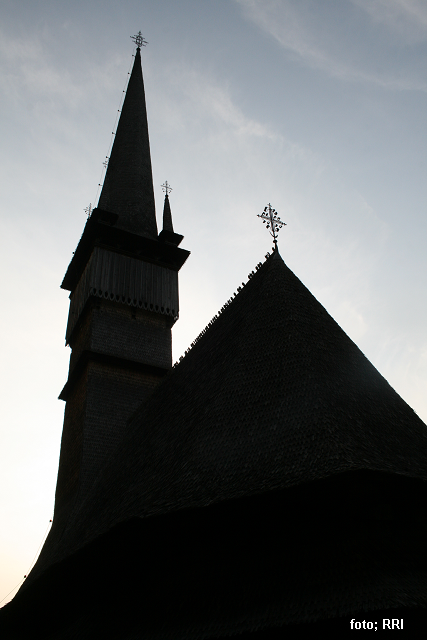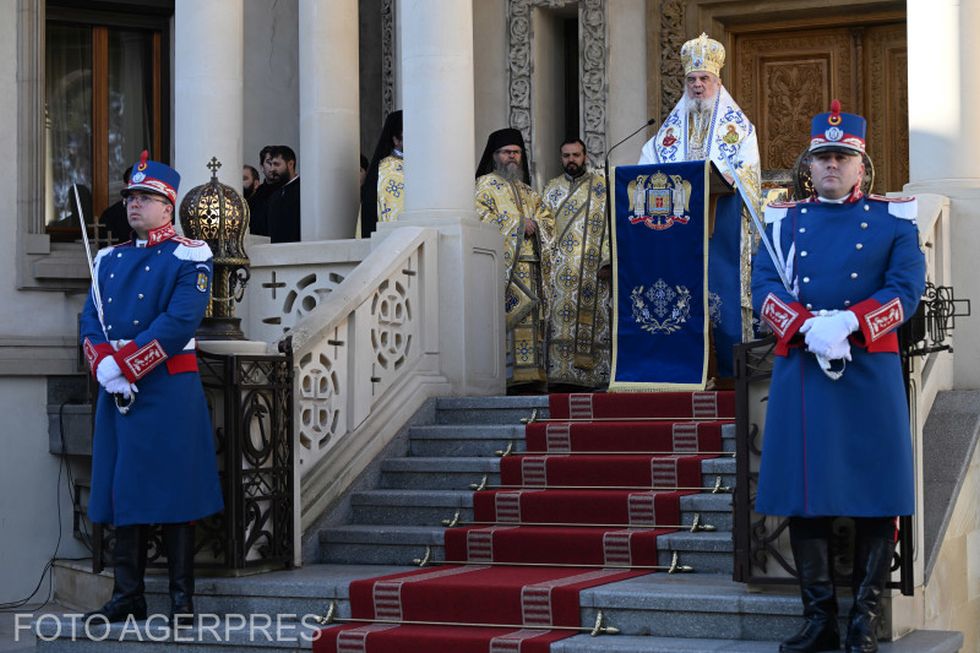‘Securitate International’
State security in Communist states shared a common structure and evolution

Steliu Lambru, 09.03.2020, 14:20
After 1945, the year when the Soviet Union took over completely Central and Eastern Europe after defeating Nazi Germany, a new regime was imposed on the region, communism. It had never been applied before 1917, when it was set in motion by a radical Marxist group led by Vladimir Ilyich Lenin, and it was based on repression and terror applied by political police. It had many names, depending on the country. In the USSR it was called Cheka, then NKVD, then KGB, AVH in Hungary, SB in Poland, StB in Czechoslovakia, STASI in East Germany, and Securitate in Romania. Irrespective of the name and the country, it has approximately the same structure, and had the same mission: to repress any attempt to undermine the authority of the regime by gathering intelligence and physical coercion. The model was created by the infamous Felix Dzerzhinsky, the first head of the bloodthirsty institution responsible for the fate of dozens of millions of victims in the USSR, then in satellite countries.
The political police apparatus in CEE had about the same behavior for more than 40 years. Considering this fact, the question arises as to what its fate was after 1989, when the communist regime finally fell. We asked historian Marius Oprea if they took different paths after that, and he said that they had a similar fate, with one notable exception, the STASI, the political police from the Democratic Republic of Germany:
“In all former communist countries we have similar behavior of the former intelligence apparatus, but in some cases former intelligence officers were unable to manifest themselves any longer. One very good example is the former DRG, where all former STASI officers were put on lists, depending on how they had operated. Depending on the individual case, some were prosecuted, but they definitely were barred from the system. When I went to the STASI archives for over a month, with Ticu Dumitrescu, invited by Joachim Gauck, the driver who was taking me to STASI headquarters was a former operative, who was now driving a taxi. He knew the way by heart. There, however, it was an issue of national security, because the West Germans had to know which East Germans they could trust.”
Historians studying the contemporary history and the former Soviet space talk about a so-called Securitate International, as a reference to the Socialist International that Soviet bloc countries were promoting assiduously. This Cheka International, called so by French historian Emmanuel Droit, is the model that drove the destiny of members of the intelligence-repression structures in various countries to be similar after 1989. The general opinion that condemns the presence in public life of former operatives, many of whom became wealthy overnight, or became opinion leaders and politicians, discounts the fact that after 1989 all citizens gained their freedom, including themselves. Marius Oprea wrote a popular book about the careers of former Securitate officers in Romania. The book shows that in all communist countries, with the exception of East Germany, former political police operatives and their offspring became the new elites.
“In former communist countries, unfortunately, to a greater or lesser degree, these structures held on to power. Just as the unity of the Romanian Securitate fell apart, so did the unity of action of services from sister countries of the Warsaw Pact. Before 1989, there was a collaboration, at least on a formal level, between the state security services of all former communist countries. They exchanged information, for instance, the Romanian Securitate had a very strong relationship with the Hungarian state security service, especially when it came to exchanging intelligence on dissidents and political opponents. Or when it came to exchanging technology, the Romanians had a close relationship with the East Germans and the Czechoslovakians. We have a point of pride, so to say. Romanians in 1949 perfected the system by which the simple telephone could be use as a bugging device.”
Even though it may seem paradoxical for the run of the mill Romanian, Marius Oprea said that, in the case of the Romanian Securitate, the degree of recovery of former officers was lower than in other former Socialist countries.
“I attended a colloquium, the only one on this topic, held in Weimar in 2003, which brought together experts on intelligence services from various countries, and I was one of the few historians. The colloquium was about the fate of various state security services in each country. Romania fared the worst in this chapter, regarding the degree of recovery of former structures of the communist political police. Why? Because in Romania we had the December 1989 revolution, and the coup against the revolution perpetrated by the pro-Moscow structure led by Iliescu, so the army and the Securitate had their hands tied. They couldnt pedal back after what they had done in Timisoara and Bucharest. Grudgingly, they had to side with Moscows people, as it happened with former Defense Minister Vasile Milea the morning of December 22, when he put the gun to his chest.”
As the evolution of the eastern half of Sovietized Europe after 1945 was fairly unitary until 1989, what happened after 1989 could not be so different. It is yet another example of parallels in history are greater then we sometimes expect.






























